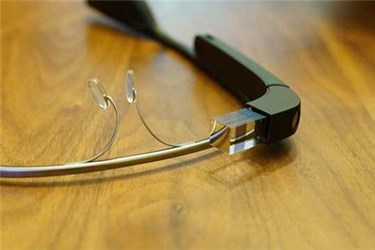Providers Could Impact Wearable Usage

By Katie Wike, contributing writer

Consumers traditionally have driving the wearables market, but a new study shows doctors and insurers are becoming bigger players.
Doctors and insurers have the power to influence consumers’ decisions when it comes to wearables, according to a study – Wearable Technology & Preventative Medicine – conducted by Technology Advice.
"If healthcare providers help make fitness tracking devices (or apps) available to their patients or work with health insurance providers to encourage device usage through discounted premiums, they should be able to significantly increase the number of self-tracking adults in the U.S.," the report states.
Of those surveyed, 11 percent used a fitness tracker and 14 percent used a smartphone app to keep track of their weight or exercise. Another 14.5 percent say they plan to use one in the future.
According to mHealth News, the report found that of the 75 percent of those surveyed who aren’t using the device:
- 44 percent have no specific reason
- 27 percent have no interest in tracking their data
- 18 percent are concerned about costs
- 10.5 percent had concerns about privacy
- 8 percent weren’t satisfied with the designs
Although doctors have an influence on what their patients do outside of the office, this study found that insurers may have the upper hand when it comes to influencing whether or not they use fitness trackers.
"Over 57 percent of adults indicated that the possibility of lower premiums would make them more likely to use a fitness tracking device. Health insurance companies have greater means to subsidize the cost of such devices, and stand to benefit from the collected data in the form of better risk profiles. If healthcare providers worked in tandem with health insurance companies, both stakeholders could benefit from the collected population health data."
